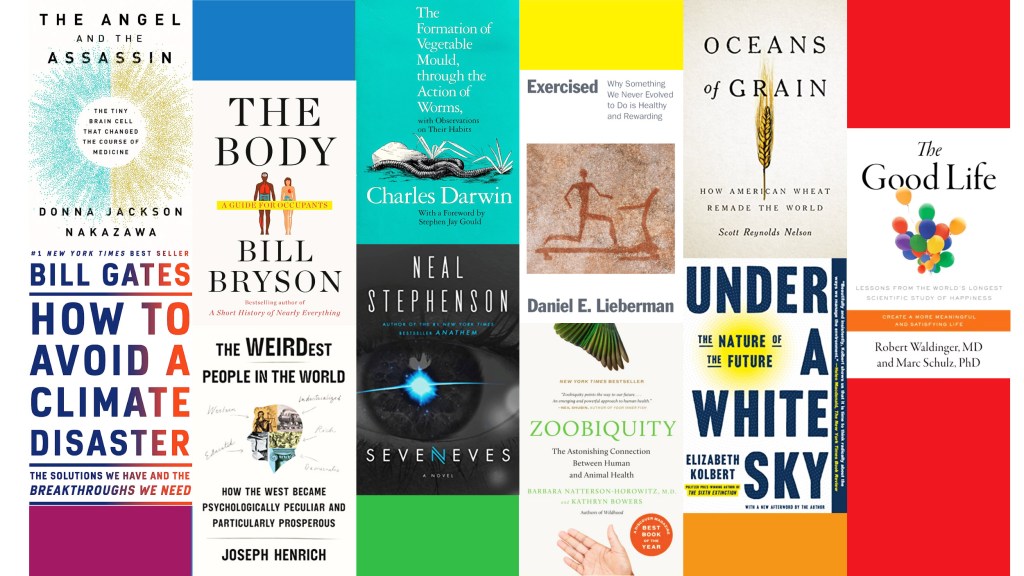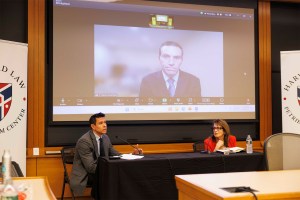Science & Tech
-

Harsh past might bare its teeth
Early adversity leads to higher aggression and fearfulness in adult canines, study says

-

What will AI mean for humanity?
Scholars from range of disciplines see red flags, possibilities ahead
-

‘Human exceptionalism is at the root of the ecological crisis’
Saving the planet requires getting over ourselves, argues author of ‘The Arrogant Ape’
-

Lauren Williams awarded MacArthur ‘genius grant’
Math professor honored for theoretical breakthroughs with sometimes surprising applications across phenomena such as tsunamis, traffic
-
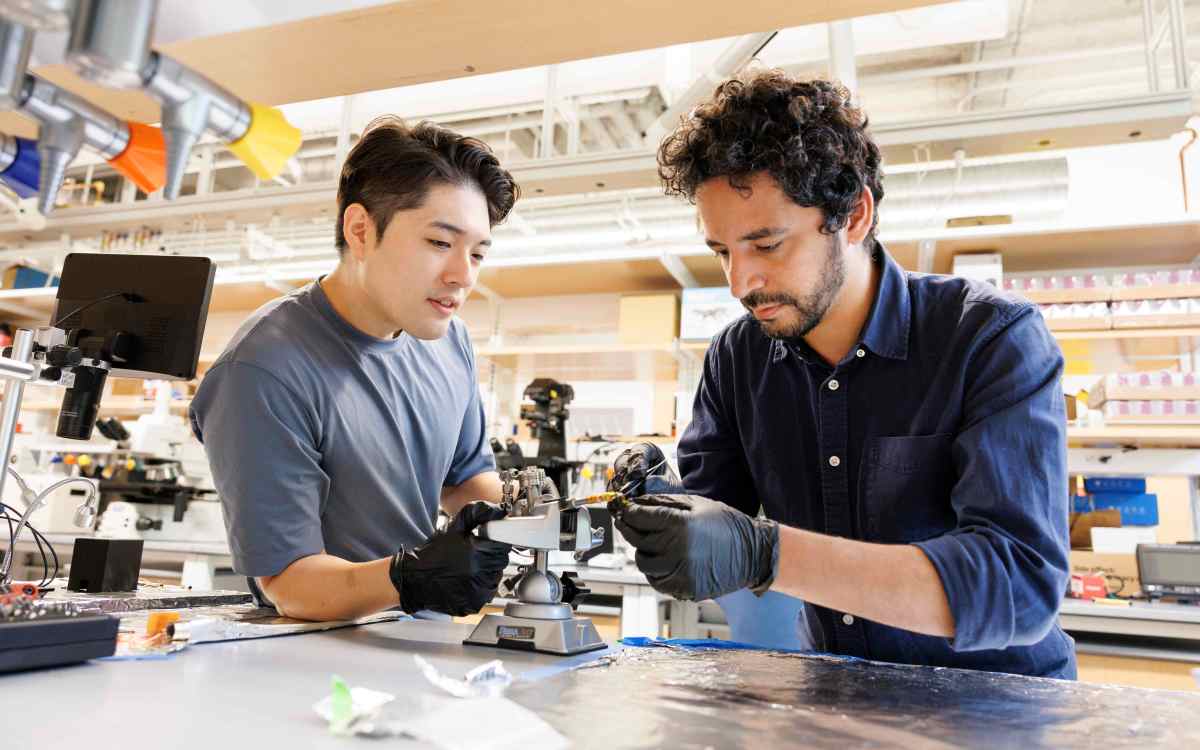
-
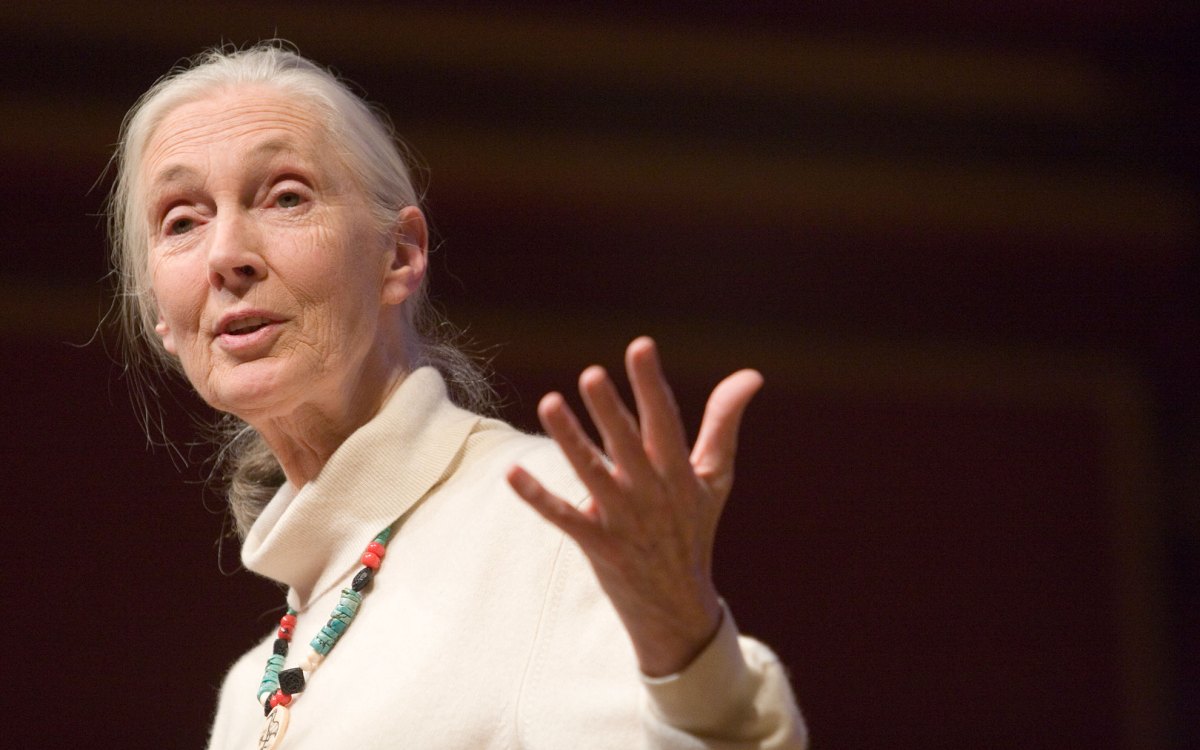
‘She had a sense of caring for everybody that she encountered.’
Richard Wrangham remembers his teacher and colleague Jane Goodall as a force of science, empathy, and hope
-
Bird’s-eye view of energy conservation
Physics of V-shaped flight formations offer insights into how to improve efficiency of groups of drones, underwater vehicles
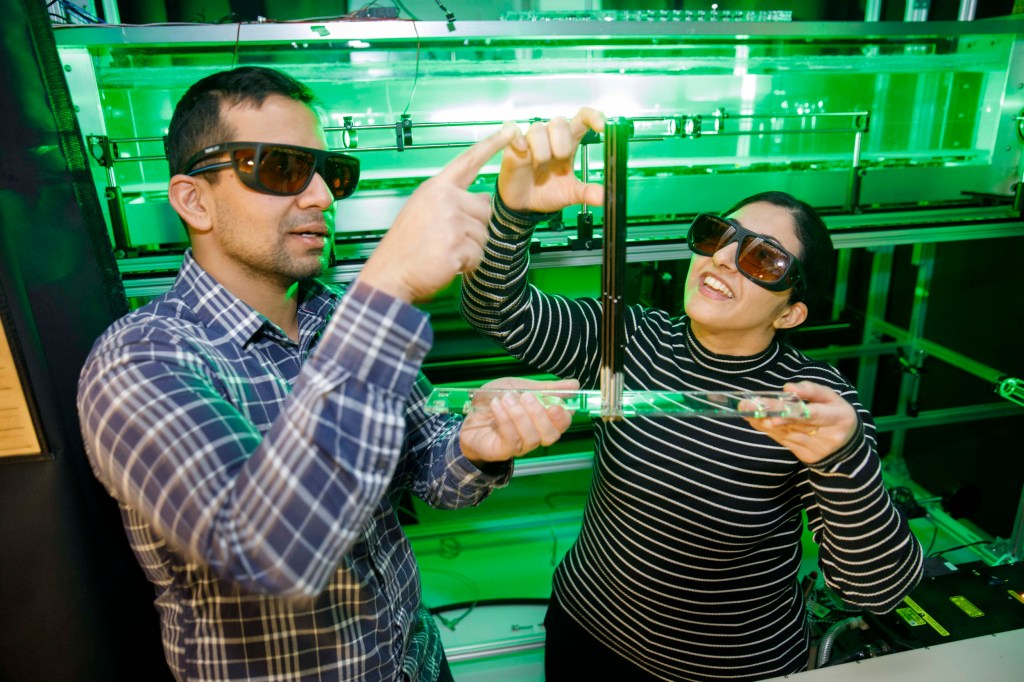
-
Why do some kids learn to talk earlier than others?
Global study by new faculty Elika Bergelson finds three key predictors of language development. They may surprise you.

-
You did it of your own free will? No such thing.
Neuroscientist Robert Sapolsky says every decision, action you make is result of chain of genes, biology, experience that preceded it
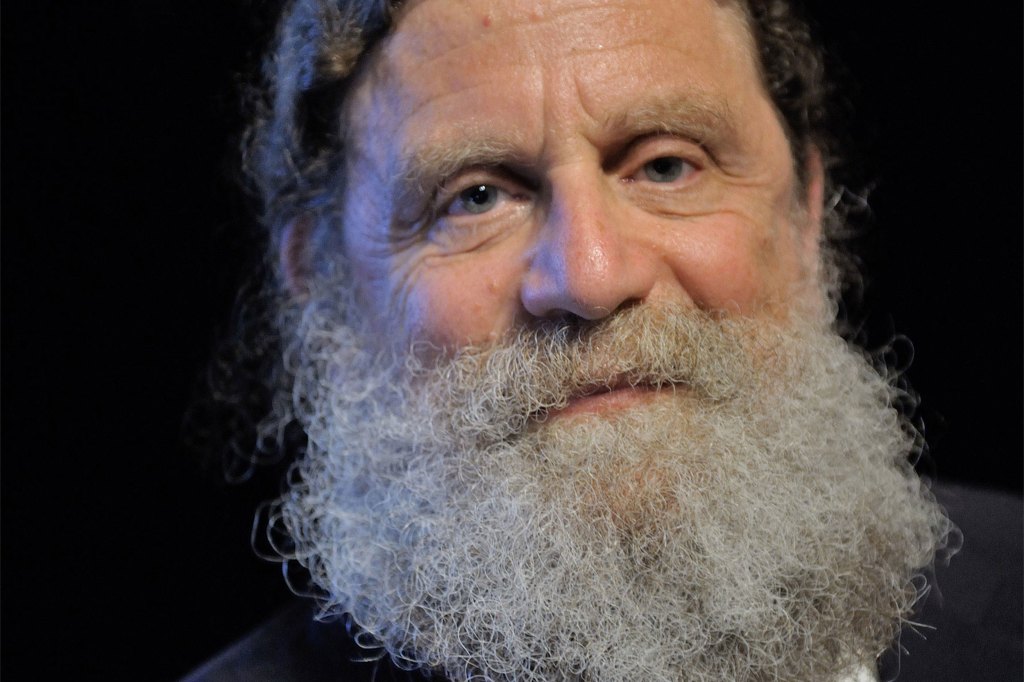
-
High-temperature superconductors with a twist
Fabrication method could facilitate materials discovery

-
Robotic exosuit gives Parkinson’s patient smoother stride
Eliminates gait freezing, a common and highly debilitating symptom
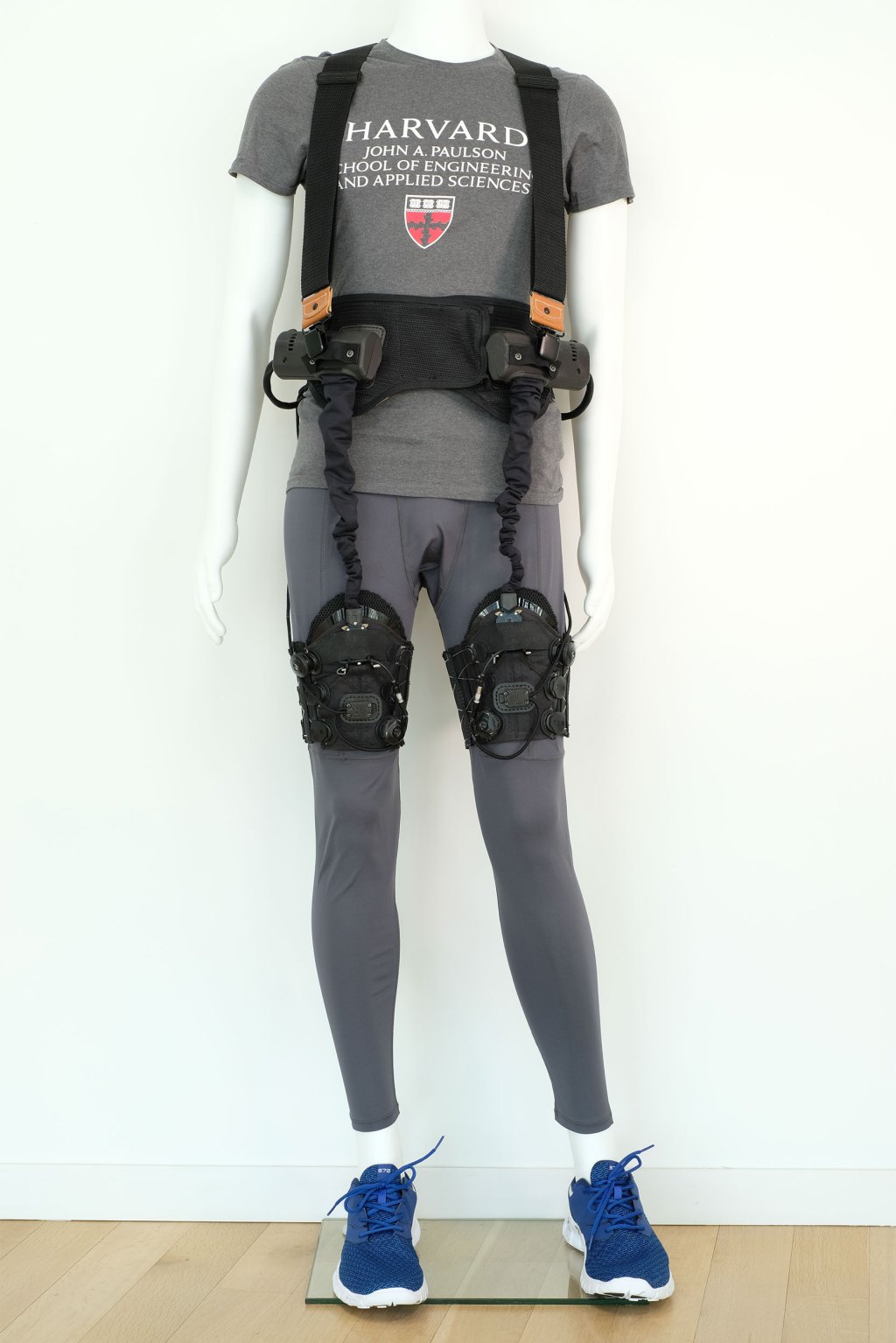
-
Demystifying a mammal’s brain, cell by cell
Harvard-led team helps create first molecular map for national neuroscience study
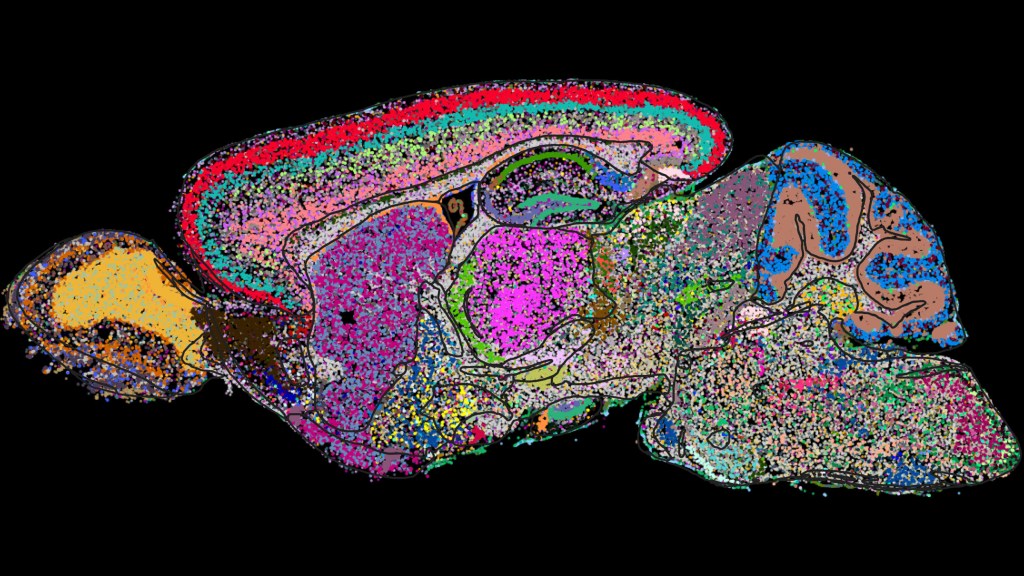
-
Researchers create first logical quantum processor
Key step toward reliable, game-changing quantum computing
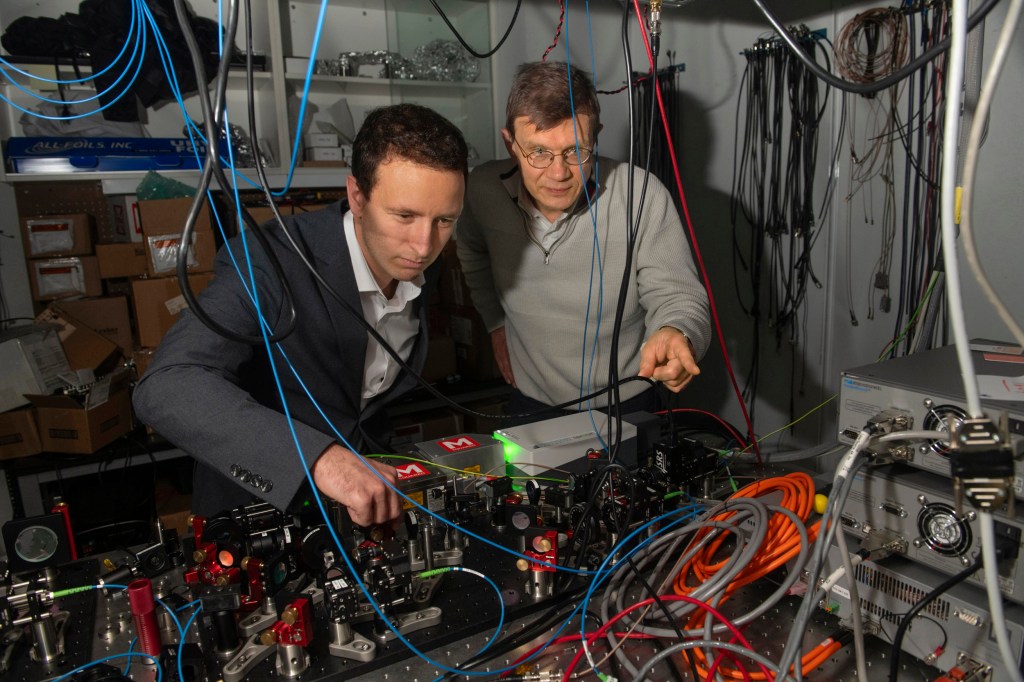
-
What shapes your dog’s personality
Neuroscientist finds skills, temperament influenced by brain differences across breeds

-
Insight into evolution of cooperation
Bonobos, one of our closest living animal relatives, show humanlike ability to work together outside social borders in new study
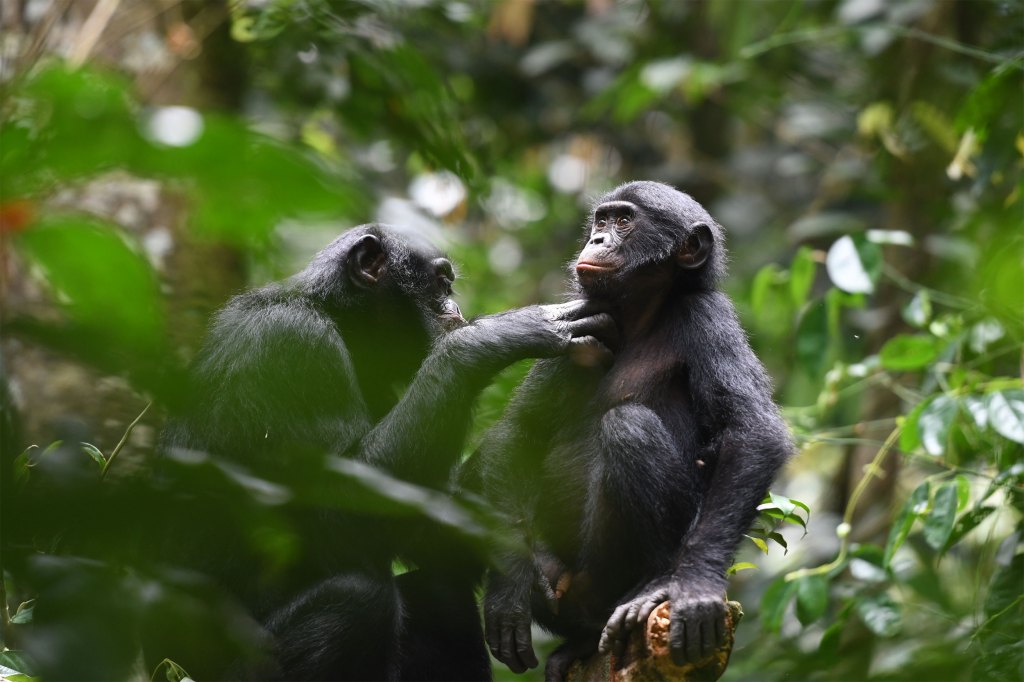
-
Why are hybrid animals sterile?
Study of crossbred butterflies suggests multiple genes involved
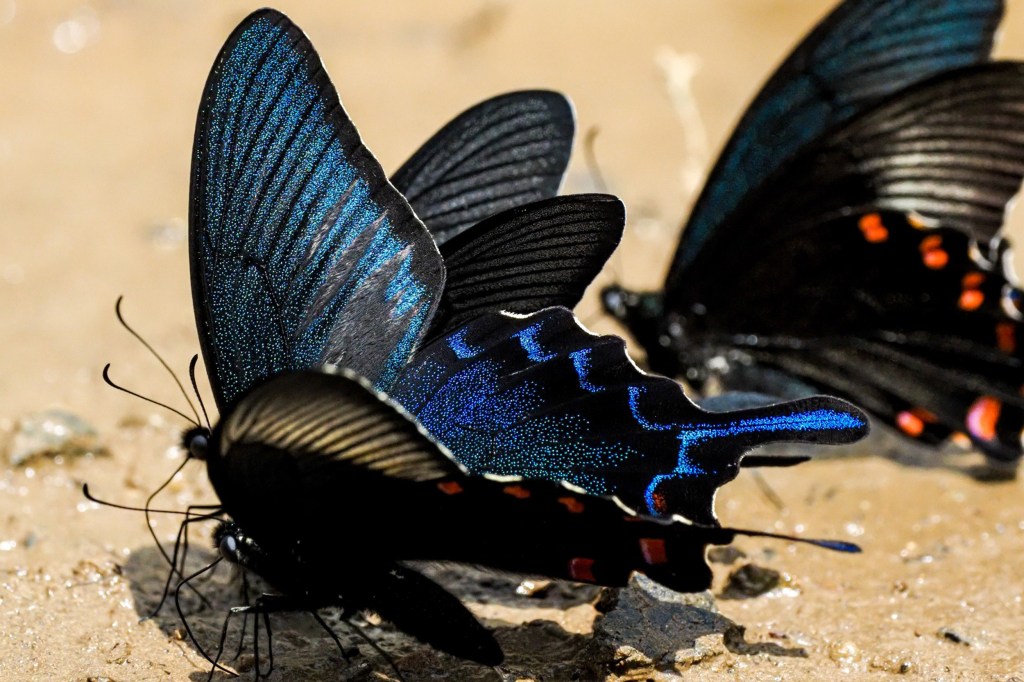
-
From a plant-free place, clues about how to help plants survive as planet warms
Data from salt flats suggest dry soil is worse than rising temperature
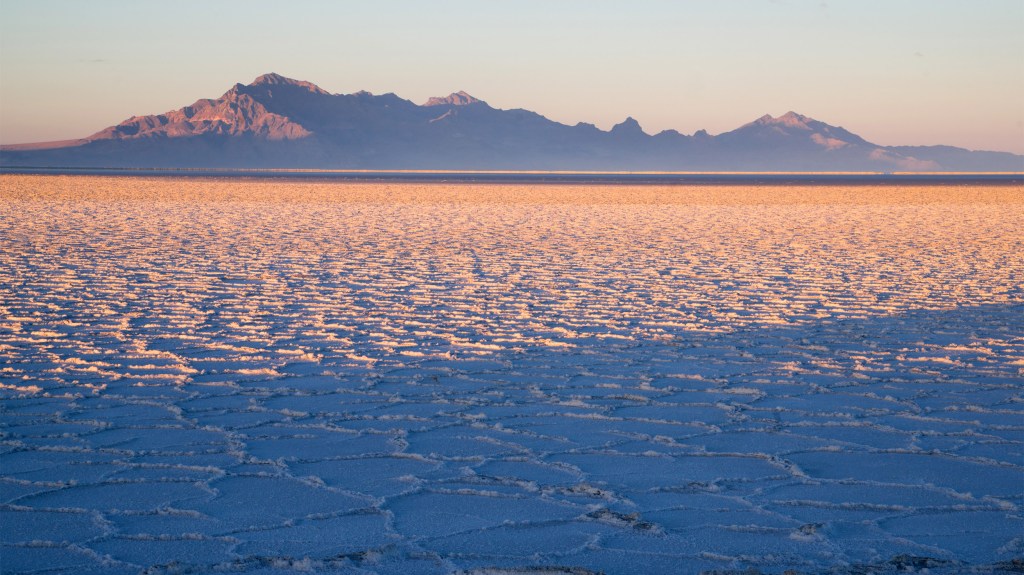
-
Nobel-winning physicist, artist illustrate universe’s ‘warped side’
New book seeks to demystify complex science from black holes to time travel
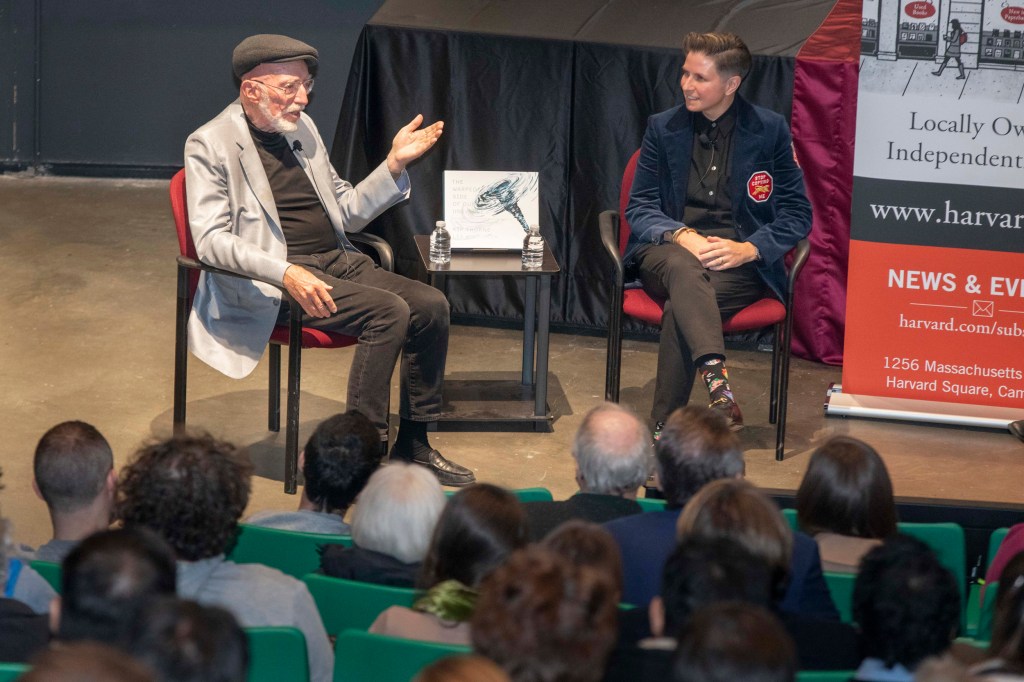
-
Screech owl wisdom
‘Alfie and Me’ ecologist on what he learned as he bonded with bird
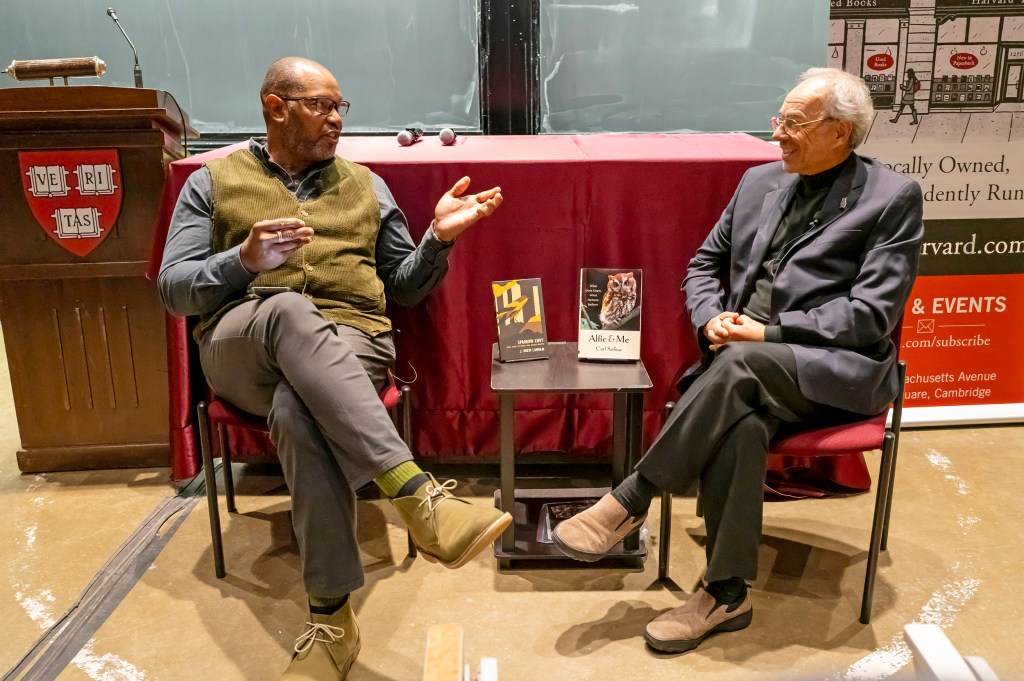
-
How to prepare for a trip to space
Astronauts spend years training for missions. How do commercial travelers get ready?
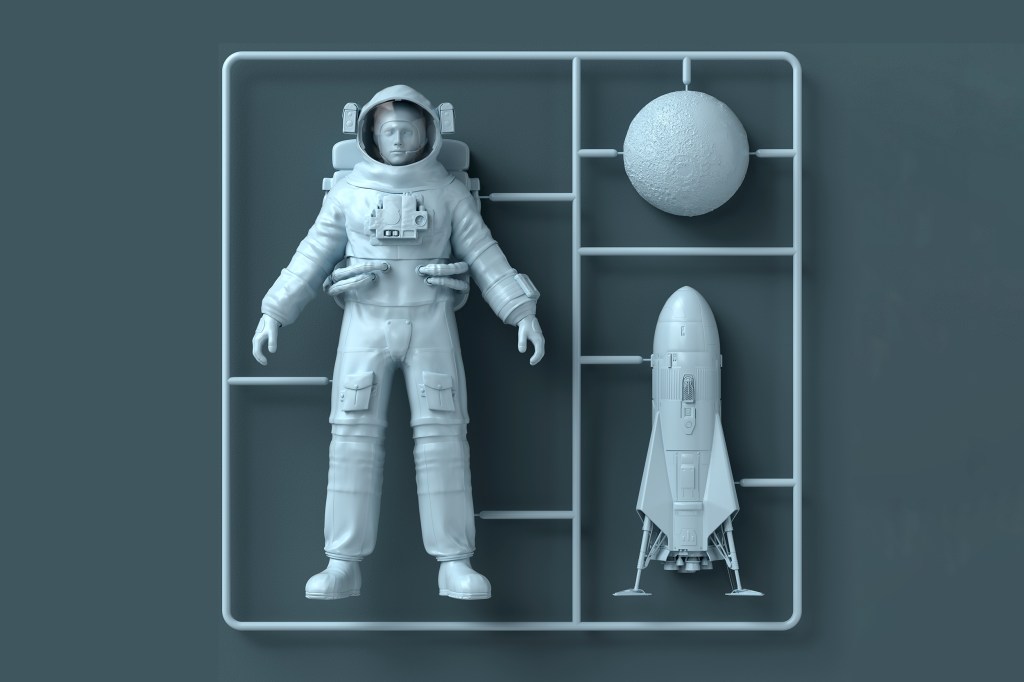
-
Cellular atlas guides new understanding of brain
New technology gives voice to pathologic changes in neurodegenerative illnesses like Alzheimer’s and epilepsy.
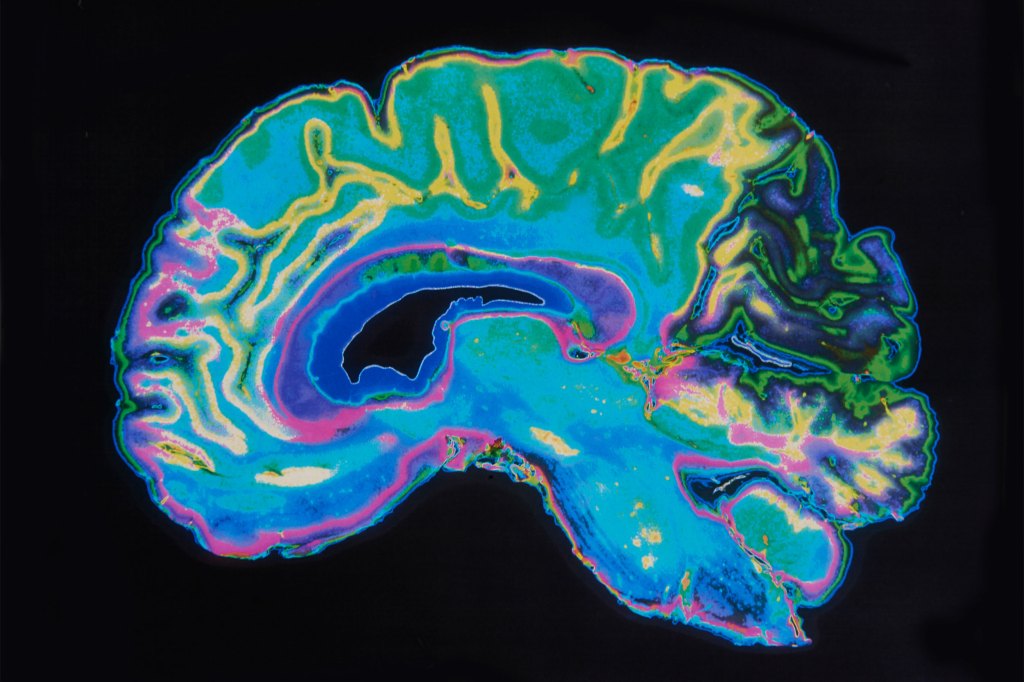
-
Who will fight for the frogs?
Indian herpetologists bring their life’s work to Harvard just as study shows a world hostile to the fate of amphibians.
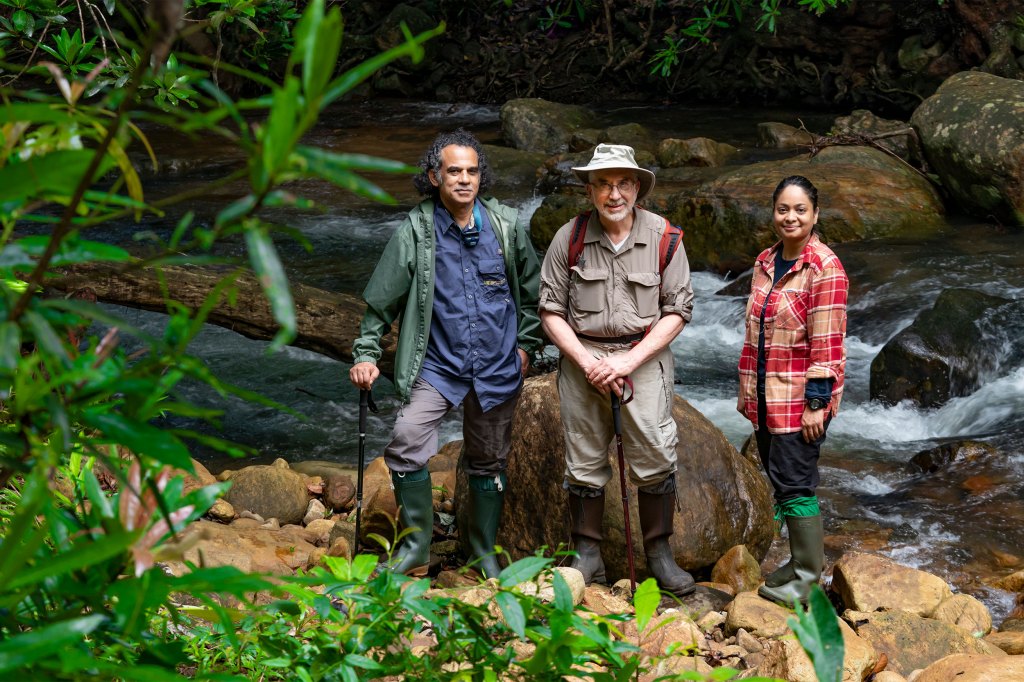
-
When future weather outside is frightful — hot, that is
At the “Future of Cities” event, panelists explained how rising temperatures will impact different economic levels in various parts of world.
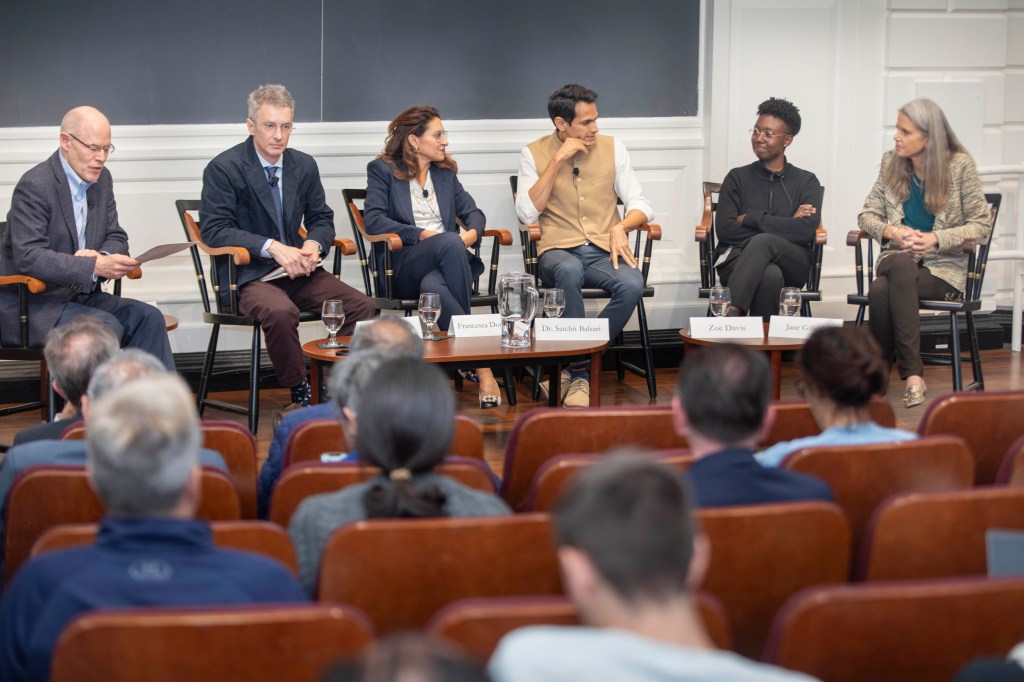
-
A DEEPer (squared) dive into AI
Machine learning techniques give scientists faster returns of high-quality organ images.

-
More solar energy needed, but clearing forests for panels may not be way to do it
Harvard-led analysis suggests incentives to save carbon-absorbing trees, siting projects on rooftops, developed areas.

-
Self-correcting quantum computers within reach?
Harvard team’s method of reducing errors tackles a major barrier to scaling up technology.

-
Staying ahead of virus mutations
EVEscape uses evolutionary and biological information to predict how a virus could change to escape the immune system.
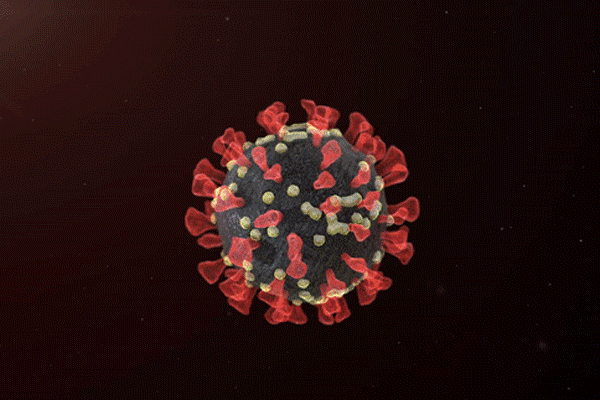
-
Finding explanation for Milky Way’s warp
The Center for Astrophysics | Harvard and Smithsonian’s results bolster hypothesis of how galaxy evolved.

-
Human brain seems impossible to map. What if we started with mice?
Harvard-led project seeks to create the first comprehensive diagram of every neural connection.
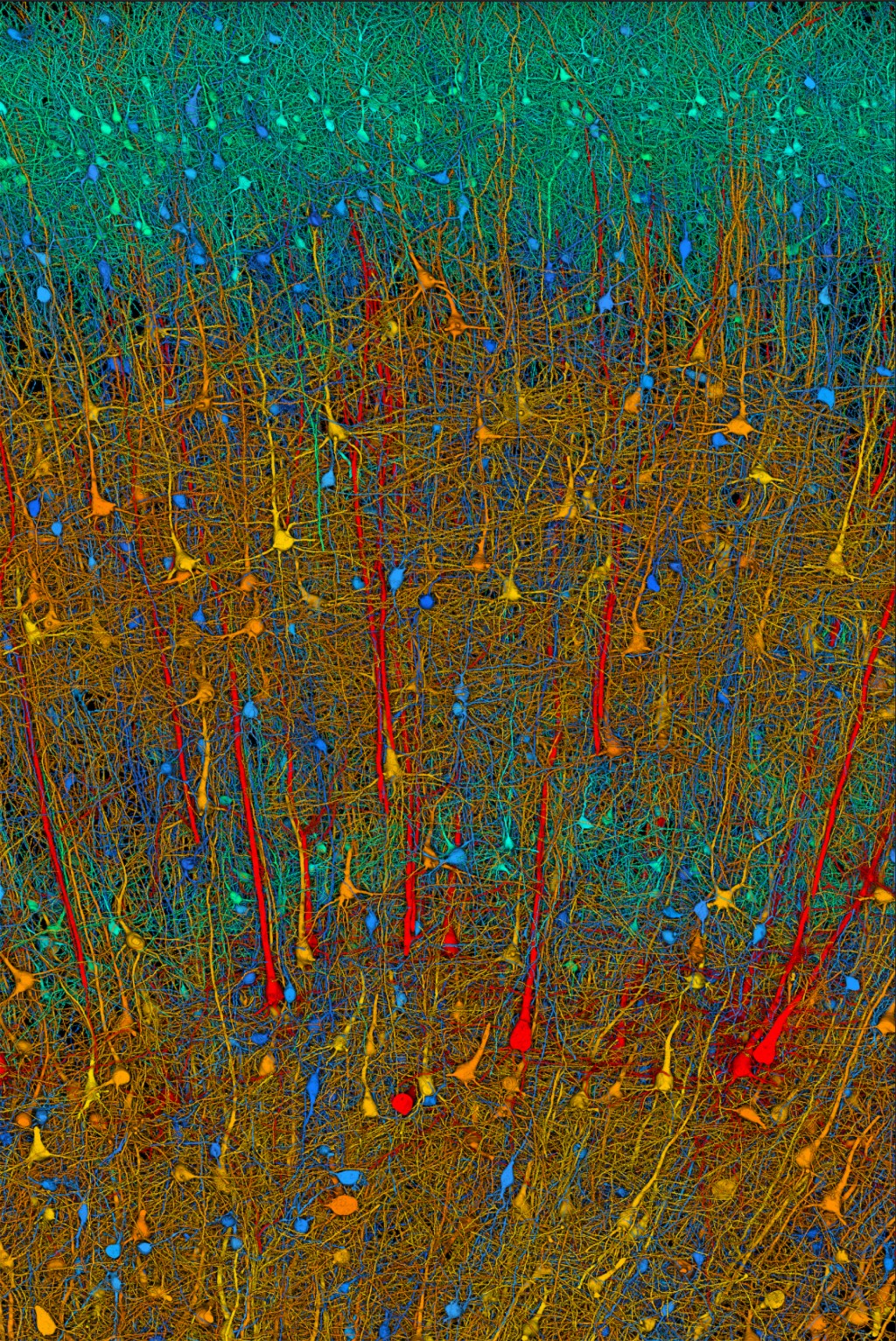
-
On the road to smoother EV charging — and hopefully, greater adoption
New Salata Institute-led program aims to grow, improve infrastructure for longer trips, those who can’t charge at home.
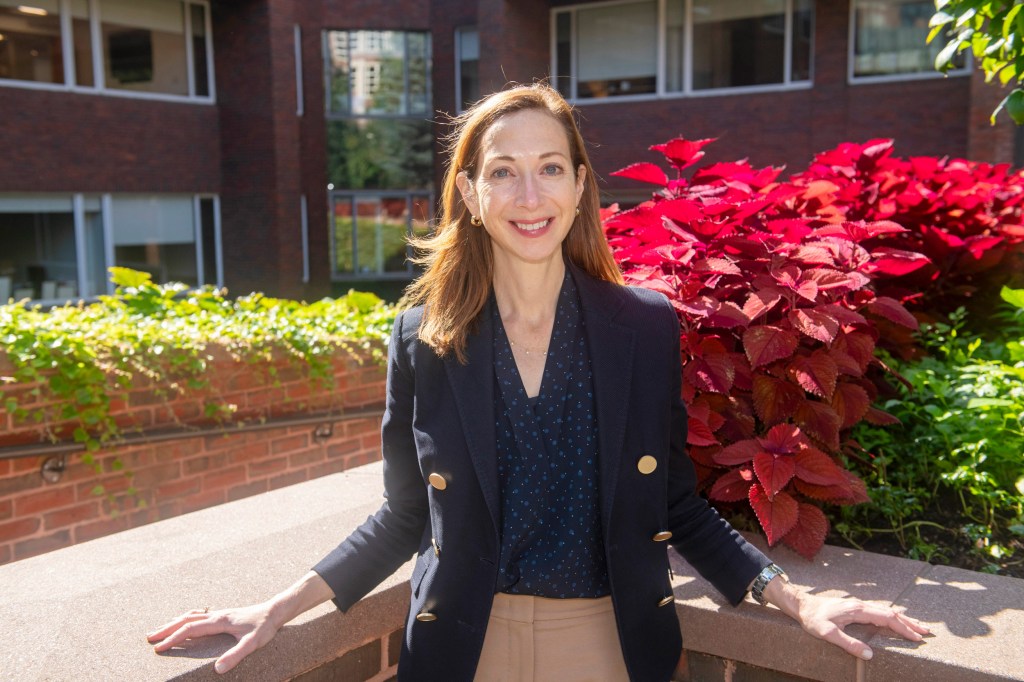
-
A COVID cure worse than the disease?
Some worry a treatment that kills SARS-CoV-2 by helping it mutate could spawn a super virus. New research weighs in on its “evolutionary safety.”

-
14 projects confronting climate change win Salata Institute grants
Plant-based buildings, greener AI, and a national agroforest are just a few of the solutions researchers are teaming up to explore.
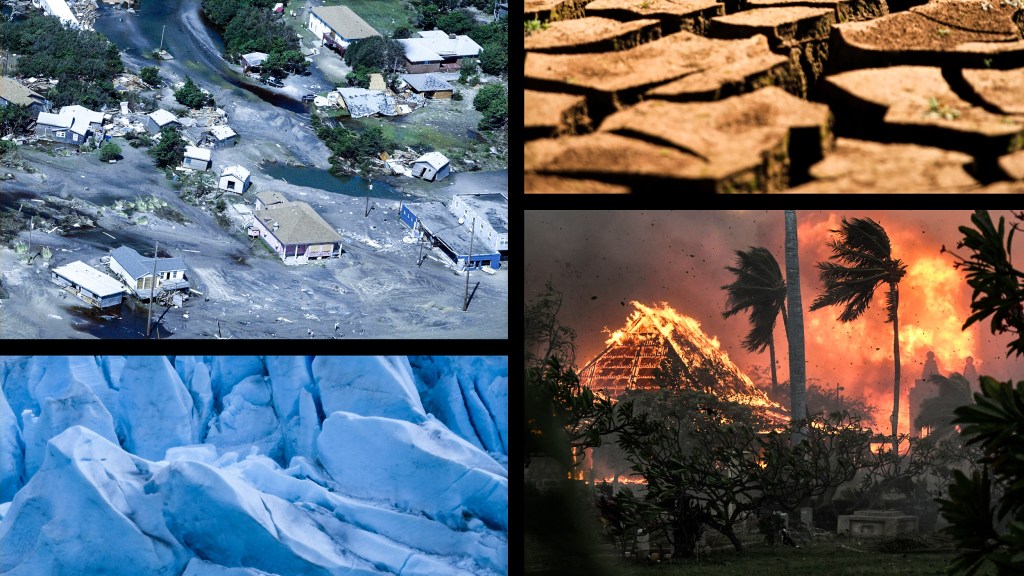
-
Wildfires are much worse than a sign of climate change
Loretta Mickley, a Harvard wildfire expert, says wildfires are not just a symptom of climate change, but with the increased burning of millenia-old global peat stores, have the potential to worsen warming.

-
Science no longer intimidates her. Neither do sharks.
Summer research program breaks down barriers for undergraduates with disabilities.
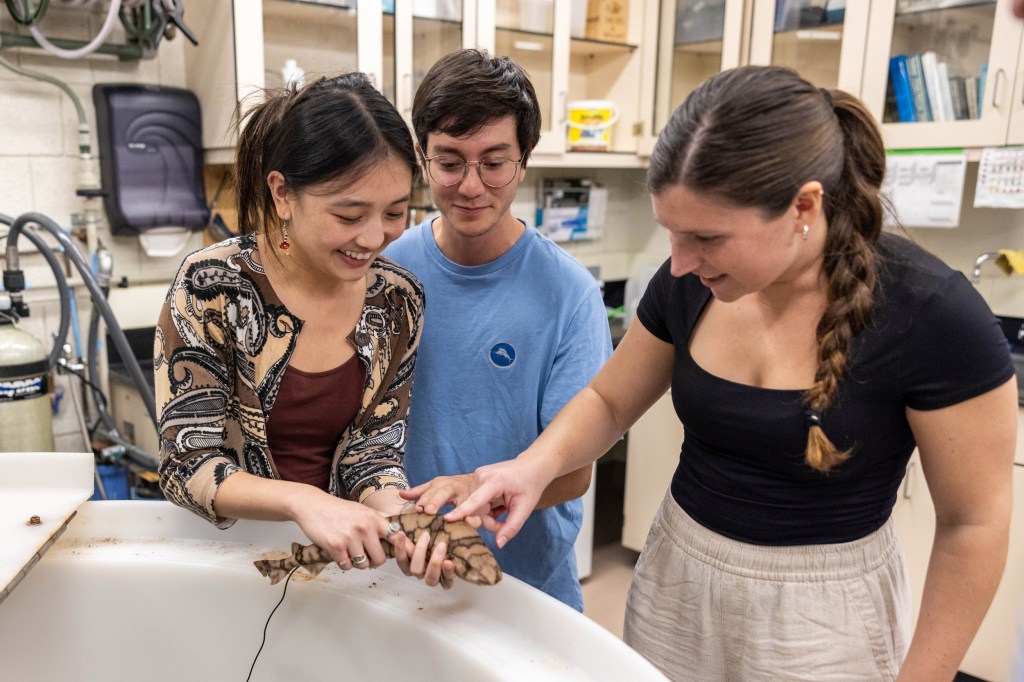
-
After capturing image of black hole, what’s next?
New Center for Astrophysics mission aims for closer look at photon rings and insight into nature of space and time.

-
Climate change, global hunger: What to do?
Black holes, warming seas, new treatments for disease. Understanding the context — not to mention the technical jargon — can be a challenge.
